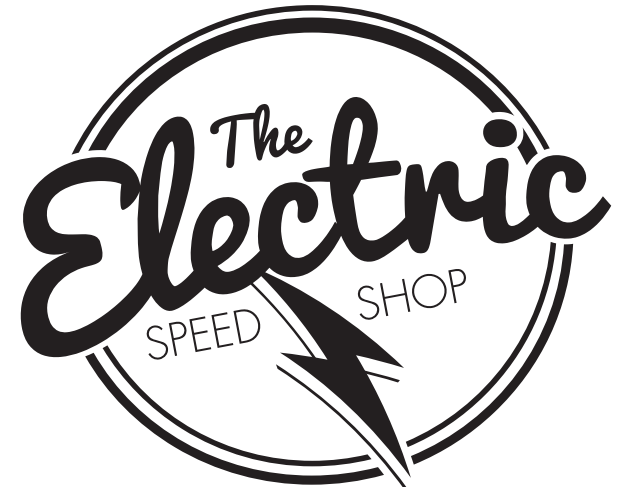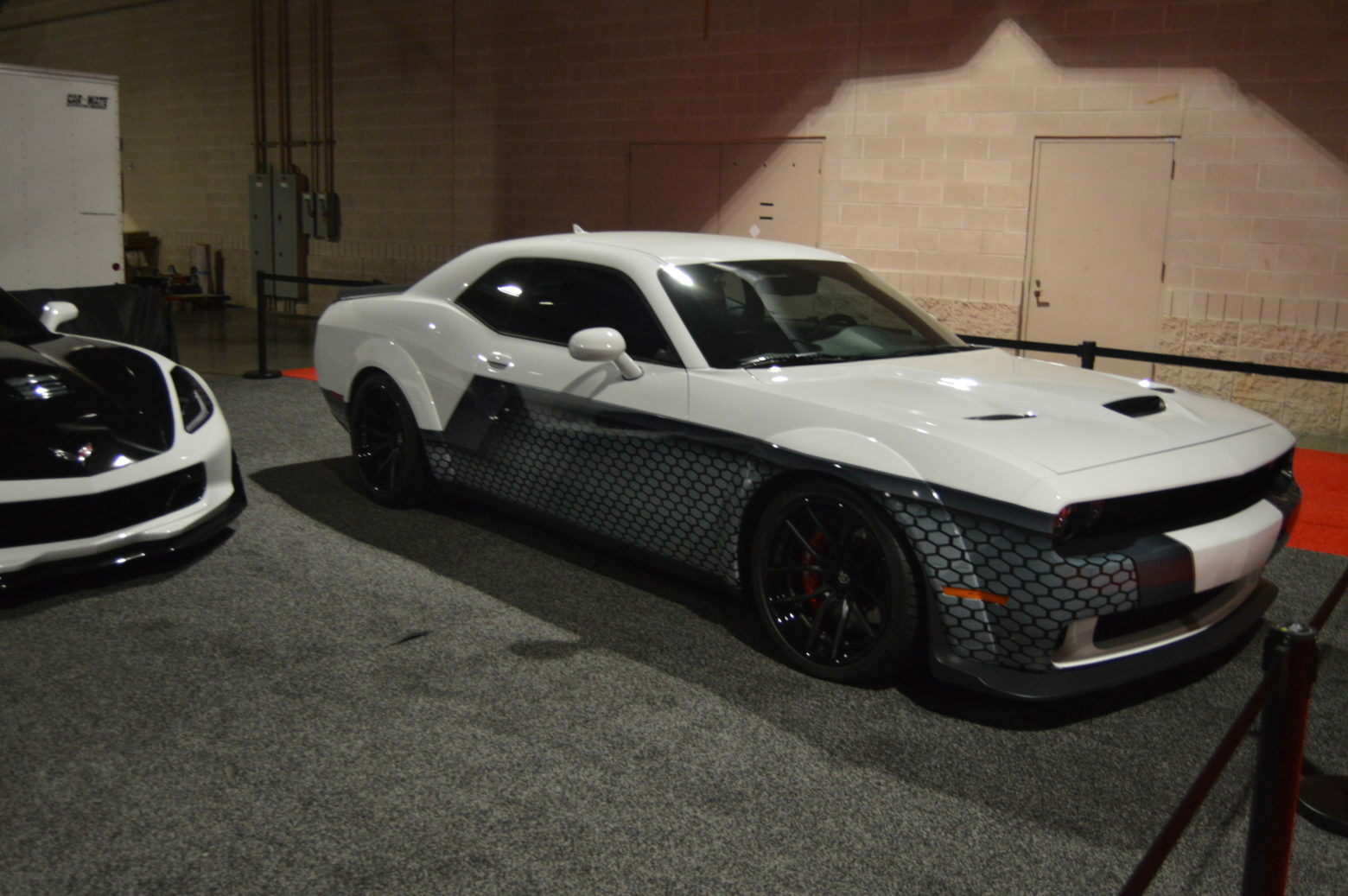
Conclusion & Cost – Dodge Challenger SWAP-C Finally! The conclusion of the Dodge Challenger electric conversion SWAP-C study. In part 1 I looked at the weight, part 2 the space and part 3 the power. Now in part 4, I will revisit and update each section, along with looking at the potential cost. In part 3, it was determined that to obtain the close to 100-mile range, an additional 6 LG Chem battery modules would…
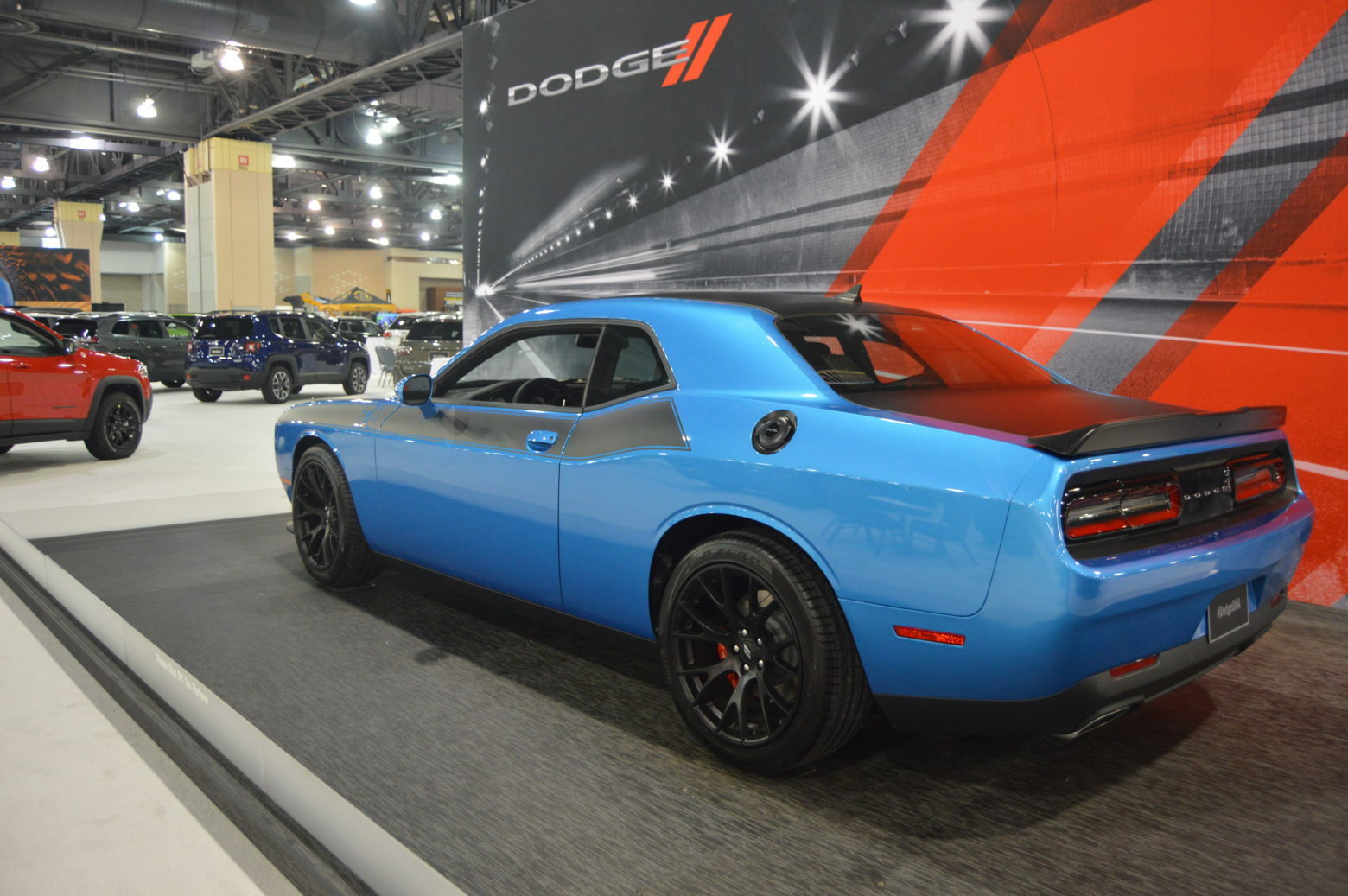
Part 3: Power If you missed Part 1 or Part 2, click those links to catch up. Otherwise, some of the below might not make complete sense. In part 1 I looked at the weight targets, in part 2 I looked at the available space. Now in part 3 we will quickly review the power of the Dodge Challenger conversion. After this look, I will revisit part 1 and part 2, then provide a summary…
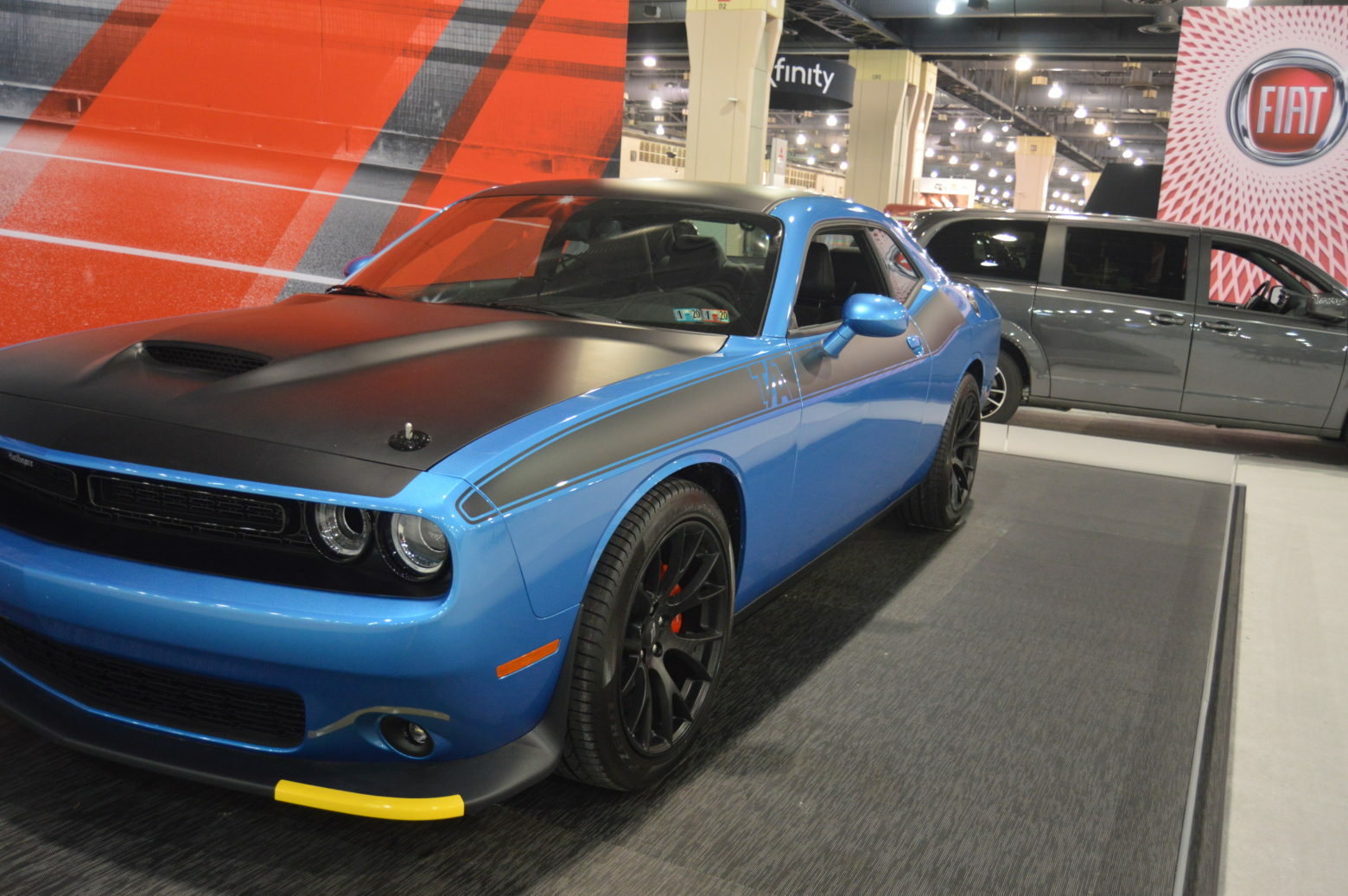
SWAP-C – Part 2 This is part two of the SWAP-C study for the electric Dodge Challenger conversion. If you missed part 1, or need a refresher, click here. Quick reminder before I jump right in, SWAP stands for Space, Weight and Power. The -C is for cost. The acronym is perfect as a SWAP-C study is used for swapping out old equipment with new. In this case, converting from internal combustion engine (ICE) to…
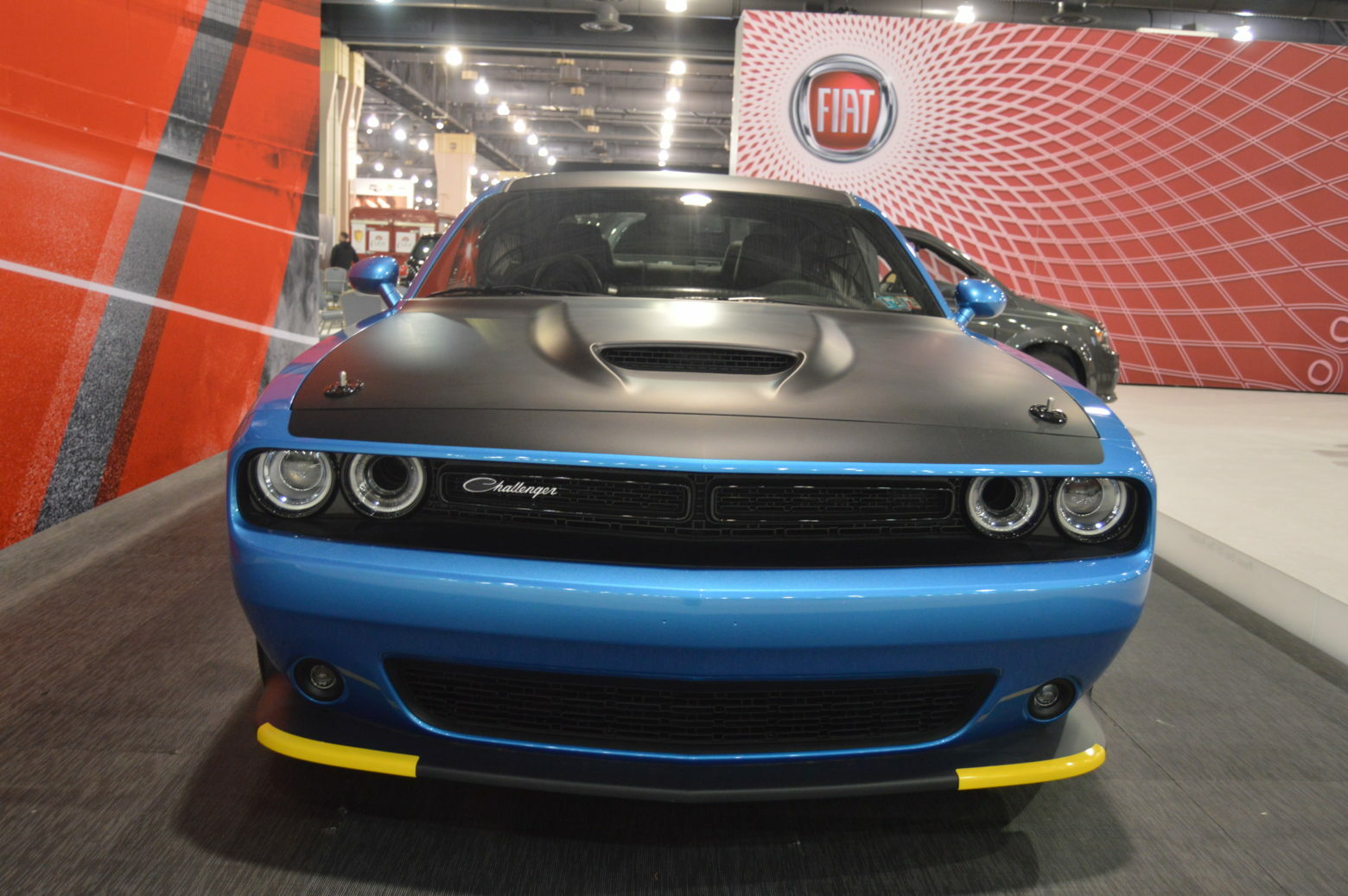
SWAP-C An acronym that many technical people may be familiar with using. For the unfamiliar, it stands for Space (or Size), Weight, Power and Cost (or cooling). A common use of SWAP studies is when retrofitting equipment and I cannot think of a better use than when performing an EV conversion. Taking something old or you don’t want (gas) and replacing it with new equipment (electric), within a confined space. I have mentioned that my…
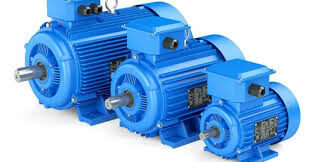
When planning a conversion, arguably the two most critical choices are your motor and your batteries/battery pack. Today I am going to look at motors. For the sack of simplicity and uniformity I am considering motors you can buy from a vendor or dealer. To save money, many DIY folks often buy motors from auction, such as used Tesla motors or even fork lift or heavy machinery motors. If you have the technical savvy and…
